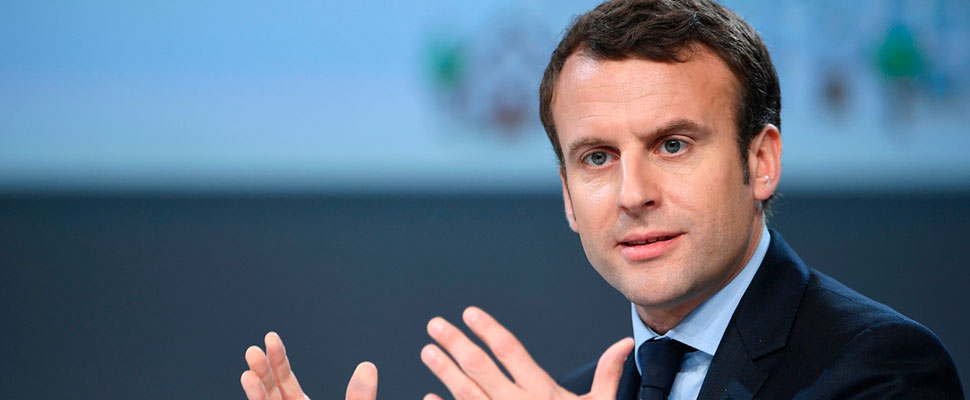Macron’s agenda has a bright start


French president Emmanuel Macron has a long way to go to restore economic optimism. However, the legislative elections gave his party, the LREM, a big push

June 18th could be a historic day for French politics. The second round of the legislative elections will take place next Sunday and, if the results of the first round are reliable and predictions are correct, Emmanuel Macron’s party –La République en Marche (LREM)– will have an overwhelming majority in Parliament. After promising results during the first round –with 32,2% of the vote, despite a low voting turnout–, the LREM could take 400 seats or more of the 577 that compose the National Assembly.
If the elections on Sunday turn out as analysts have predicted, France could witness another political surprise –the first one, Macron’s election–. It’s beyond impressive that the LREM party was launched in April of 2016 and its members have almost no experience in politics. However, that seems to be an encouraging quality for voters. The possibility of having a majority in the Assembly is also a sign of trust in Macron’s administration and reforms. With the expected majority, Macron’s government could be one of the most effective in France’s recent history.
On Macron’s agenda, there are significant reforms in queue, directed towards the improvement of the economy. Among them, Macron is planning to simplify labor laws –as a way to decrease unemployment–, ease business regulations, improve the pension system and cut corporations taxes. According to his investment plan, Macron expects to focus mainly on education and ecological reforms. The rest of the planned budget will go to agriculture, health, infrastructure, and services. All of this could easily come to fruition with the National Assembly on Macron’s side.
Aside from the economic overhaul that Macron wants within France, having his party handle the Assembly could also mean an increase in trade agreements and the strengthening of the European Union. Macron has been clear about his intentions –clearly different from the candidate Marine Le Pen– and will try to support more agreements between the European Union, Latin America, and Asia.
However, there’s much to say about the conditions that surrounded the first round of the legislative elections; more than 50% of potential voters abstained. Jean-Christophe Cambadelis, chief of the Socialist Party –one of the big losers of the elections–, showed his concerns regarding the state of the parliament. “It is neither healthy nor desirable for a president who gathered only 24 percent of the vote in the first round of the presidentials […] should benefit from a monopoly of national representation”, Cambadelis argued.
While Cambadelis seems to be trying to gain votes by arguing the dangers of a one-party government, there’s no doubt that Macron will have an advantage in comparison to previous presidents. If handled wrong, this could result in an increase in corruption and inadequate political practices. However, if it’s handled right, there’s a chance of a smooth and prosper administration.
LatinAmerican Post | Juan Sebastian Torres
Copy edited by Susana Cicchetto




